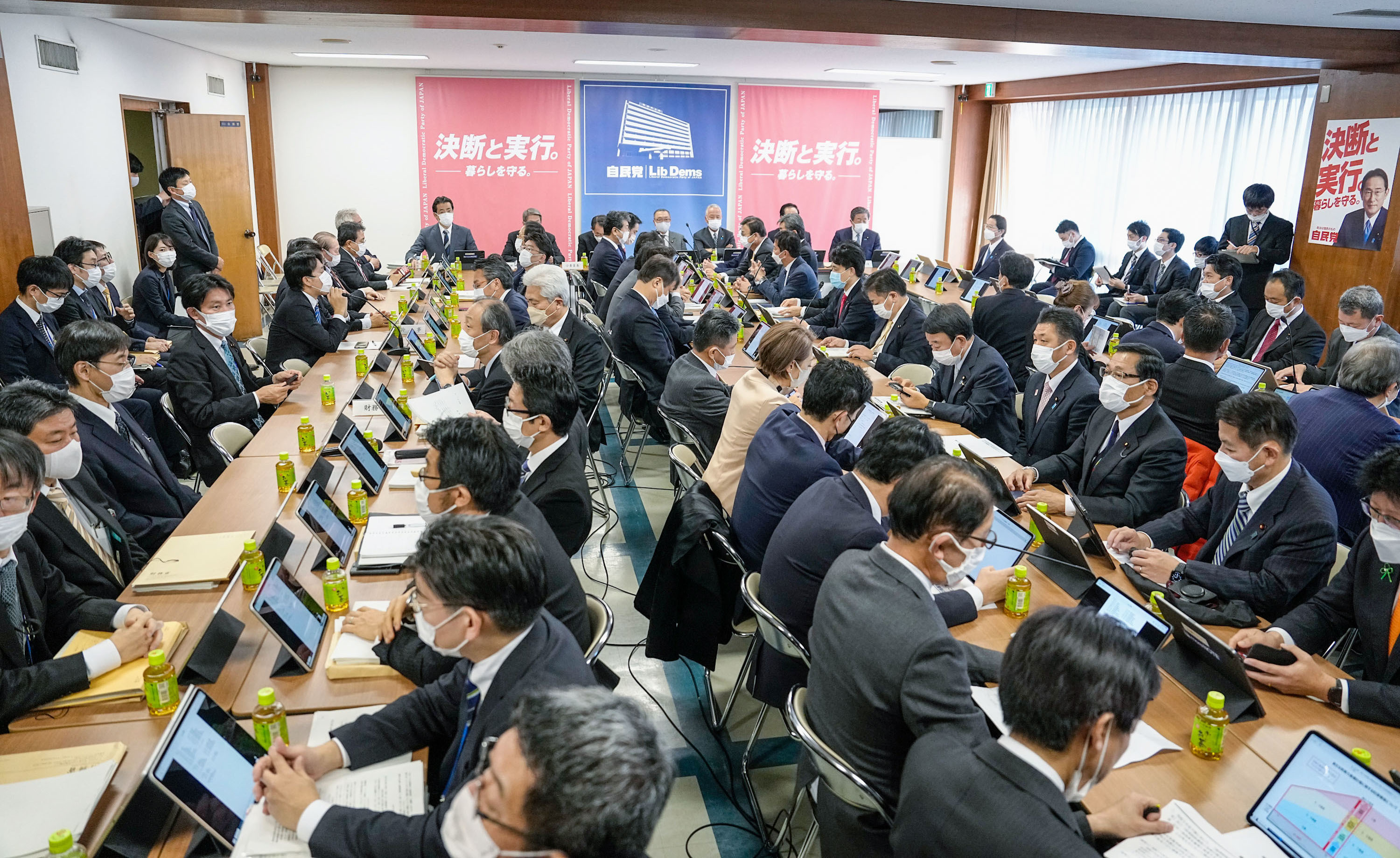The world’s 20 largest economies agreed in Pittsburgh to coordinate their efforts to overcome the global economic crisis. While they all promised to bolster domestic consumption in a show of solidarity, their real hopes appear to be that “someone else” will do the spending so that their own country can expand exports.
* * *
Recent economic statistics seem to suggest that the global economy is on the road to recovery. But a return to the pre-Lehman model of growth is unlikely.
For years, the United States fueled global growth by buying the goods produced in other countries with borrowed funds. America’s debt was supported by rising domestic real estate prices, which people securitized to boost their borrowings. The US real estate market is unlikely to return to strong growth in the foreseeable future, however. Residential properties seem to have hit bottom, but prices of commercial real estate are continuing to fall. The days of mass consumption seen in the United States prior to the collapse of Lehman Brothers are now over.
With the decline in consumption in the United States, other countries and regions must take up the slack if the world economy is to continue growing (or at least to avoid contracting). Otherwise, the economy will shrink, resulting in higher unemployment in countries around the world.
At the Group of Twenty summit meeting held in late September 2009 in Pittsburgh, leaders agreed to expand domestic demand in their respective countries and achieve balanced growth. The agreement was based on the recognition that the US economy would be unable to provide the driving force for the world economy over the next several years and that the G20 would need to work together to sustain growth. Such a promise by the G20 leaders was no doubt very timely, but there is no telling whether it will be kept.
The leaders pledged, in their communiqué, to encourage greater consumption and investment in their respective countries and to monitor each other’s policies. The mechanisms by which they are to be achieved are unclear, however; this is no doubt related to the fact that each country’s real concerns are to export its way out of the crisis.
Vicious Cycle
In the past, many countries that experienced a financial crisis were able to achieve a recovery by increasing exports following the devaluation of their currencies. When Sweden was hit by a banking crisis in the 1990s, it promptly wrote off its nonperforming assets; at the same time, the value of the krona nosedived, leading to a rise in exports and the recovery of its economy. Exports were also a major factor behind Japan’s recovery during the current decade. (This author believes that progress in the disposal of nonperforming assets was a factor behind the growth in exports, a view that is disputed by some.)
While contending that recovery from a financial crisis must be fueled by rising exports, Professor Paul Krugman of Princeton University points out that the axiom does not apply to the current crisis since it is on a worldwide scale. He jokingly notes that “The only thing we can do is to export to Mars.”
Should policy coordination break down, countries may be tempted to expand exports to one another; they will find that nobody is willing to import, however, and the entire global economy could fall into a deflationary spiral. The situation today bears a basic resemblance to the days following the Great Depression, when countries embraced “beggar thy neighbor” policies, competing with one another to devalue their currencies and boost exports at the expense of their trading partners. The G20 agrees, in principle, that such a vicious cycle must be avoided. But how the countries will act remains to be seen.
For instance, the dollar is depreciating today, and there is concern that this could continue for many more years. The market thus harbors suspicions that the United States may be trying to export its way out of its financial crisis (and substantively write off its massive external debts) by getting other countries to import more.
Many in the West and in Japan have voiced their hopes that domestic demand in China would continue to grow. Behind the decision to establish the G20 as a permanent forum and enhance its role as a global economic decision-making body is the shared recognition that the development of the global economy hinges on the expansion of consumption in China and India.
Enhancing Policy Coordination
There is no telling how long consumption will continue to grow in China, though. One Chinese economist this author spoke to recently noted confidently that the Chinese economy would remain on the path of export-led growth. Even if US consumers are spending less after the collapse of the country’s speculative bubbles, he continued, the downturn is only in luxury items; daily commodities are enjoying brisk sales, and China, he noted, was exporting mostly such articles. China’s exports to the US market, therefore, would continue unabated.
If the Chinese market does keep growing on the strength of its exports, and if this results in higher domestic consumption, eventually begetting a model of economic growth led by domestic demand, then this would be good news for the whole world. Only time will tell if this actually comes about. Many Chinese economists believe that a rapid rise in domestic consumption is difficult and that investments and exports would (read “should”) continue to be the twin engines of growth.
Japan, too, is coming under pressure to boost consumption, and the new Yukio Hatoyama administration’s announcement of a child allowance and other measures to encourage spending are quite welcome. But raising domestic demand has been pursued for the past three decades, with little results. This is a goal that requires a structural adjustment of the Japanese economy, and so it cannot be reached overnight. Many Japanese companies, moreover, are looking to expand not in the domestic market but in those of the newly emerging economies. Japan seems unable to extricate itself from an export-led growth strategy.
The G20 agreement aside, most countries—the United States, China, and Japan included—are really hoping that a rise in domestic consumption happens somewhere else so that they can export to that market. This points to an urgent need for a more effective international framework to achieve policy coordination.


